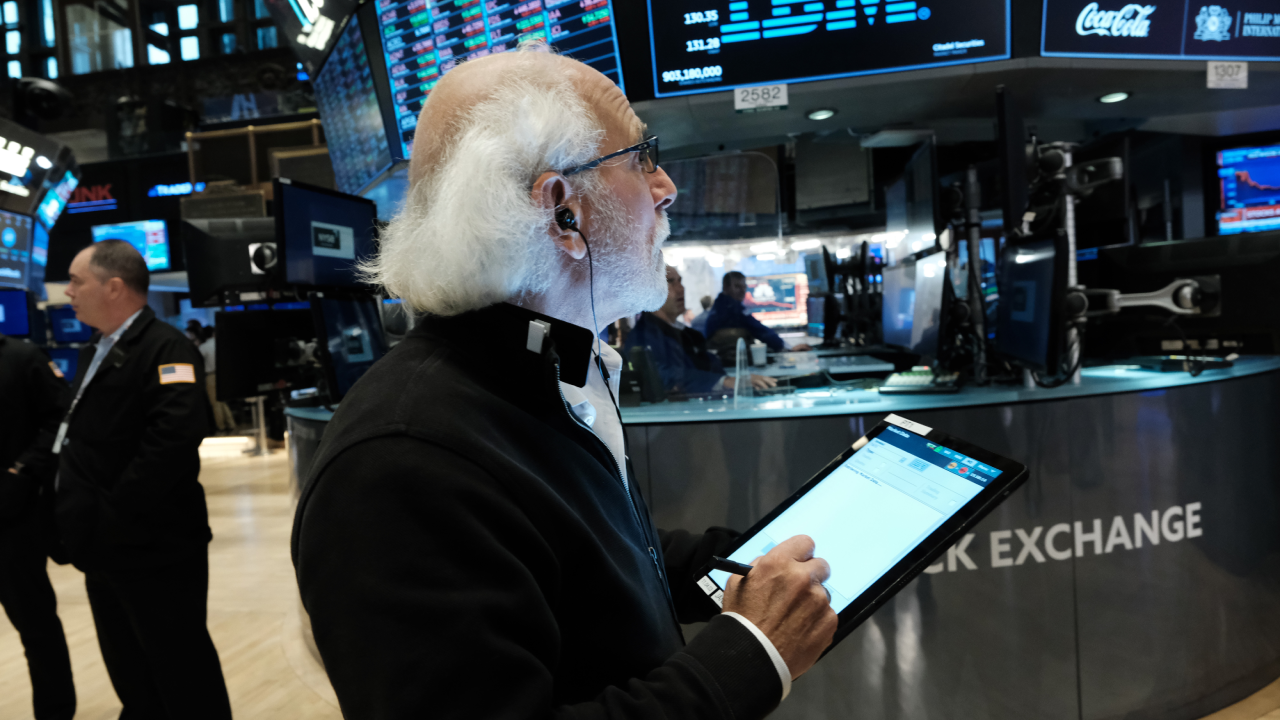How tax season affects the stock market – and why

While taxpayers may have to dig deep to pay off Uncle Sam in tax season, it’s not only them who may feel the brunt of thinner wallets. The stock market feels the pressure, too, as many taxpayers liquidate stocks and money market funds to meet immediate needs for cash. This effect can pressure the stock and bond markets in a variety of ways, at least in the short term.
Here are a few key ways that tax season affects the investing markets.
Cash flows out of the market during tax season
The first two weeks of April may be a little rougher for the market than usual. From 2000 to 2016, the Standard & Poor’s 500 Index declined an average 0.2 percent, according to data analytics firm Kensho. And the odds of it rising – at 41 percent – were much worse than a coin flip.
Tax season can impact the markets in a few significant ways, which are supposedly related to taxpayers raising cash to meet their debts:
- Investors liquidate stocks and funds, including those investing in short-term debt
- Because investors are liquidating, the price of stocks and bonds may fall
When taxpayers have to come up with cash to meet their tax bills, they’ll frequently turn to bank accounts or money stashed away in money market funds. Money market funds are investment funds that own safe short-term bonds issued by the U.S. government and corporations. They’re a low-risk, high-yield and highly liquid cash equivalent, making them attractive for investors.
In the short term, a decrease in liquidity puts downward pressure on these funds as well as the assets they own. With less demand for these bonds, their price may fall. As prices fall, their yields necessarily rise, since they continue to offer the same total payout but they’re cheaper.
So as liquidity leaves the market to pay tax bills, asset prices may decline as a result. And it may not just be these specific assets that feel the effects. The effects can be broader, especially after a strong market run – as in 2023 – as investors realize gains on highly performing stocks.
This trend may be difficult to detect at any point, however, since the market is forward-looking and may begin to price in any effects from tax selling weeks or months before it actually occurs.
The market tends to rebound later in April
Despite (or perhaps because of) the poor performance in the first half of April, the back half of the month tends to perform relatively well, according to Kensho. After tax day, the S&P 500 has rebounded to end the month about 1.7 percent higher on average, climbing an astonishing 75 percent of the time, again based on that timeframe of 2000-2016.
The expectation of a tax-related decline in the market may be just as powerful as any actual taxpayer-related selling to meet obligations. Traders may realize that they can profit off these expectations by buying in during any weakness earlier and then selling later in the month.
While the second half of April may be strong, the subsequent six months have historically tended to be the weaker part of the year. That trend is part of what is known as “the Halloween Effect,” where the six months after Halloween – November 1 to April 30 – show especially strong gains.
From November to April, the S&P 500 rose about 5.3 percent, compared to a 2.4 percent gain from May through October, from 1928 to September 2023, according to Yardeni Research.
How should investors react to this effect?
The overall effect in April is small, so investors are best served by sticking to their long-term game plan. Over time the S&P 500 has delivered about 10 percent annual gains, so it’s wisest for investors to give their money more time in the market rather than trying to be a trader. As the old market mantra goes: “Time in the market is more important than timing the market.”
For investors, a long-term approach means continuing to contribute to tax-advantaged retirement accounts such as 401(k) plans and IRAs. Invest regularly and hold on, and your returns will look like those of the index. Try to dip in and out of the market, and you could seriously underperform.
It’s easy to buy S&P 500 index funds, and all the best brokers for ETFs offer them. And they’re a great investment for beginners and advanced investors alike. Beginners can get started investing and earn attractive long-term returns without having to know much about investing.
Of course, if you spot some market weakness in early April and want to add a little extra to your investment fund on a dip, it could be worthwhile to do so, but keep your long-term discipline.
Bottom line
The effect of tax season on the market is an interesting anomaly, but for long-term investors it’s basically a non-event as they focus not on next week or next year, but farther into the future.
Why we ask for feedback Your feedback helps us improve our content and services. It takes less than a minute to complete.
Your responses are anonymous and will only be used for improving our website.
You may also like

What is mortgage amortization?

How are municipal bonds taxed?




